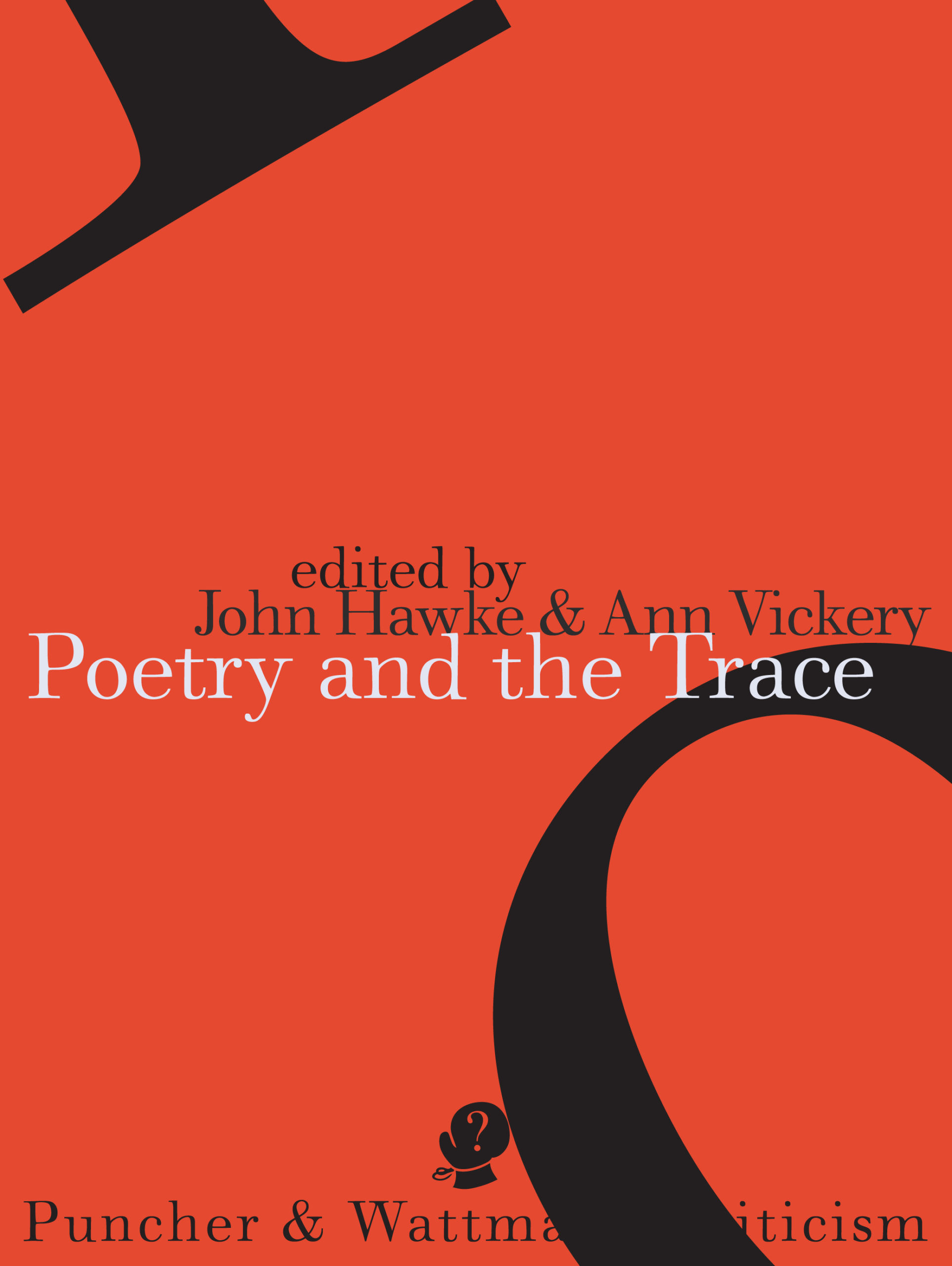Product Description
Poetry and the Trace is a compelling collection of critical essays by poets and scholars, offering fresh and teasing reflections on the art of contemporary poetry. As the volume’s title declares, poetry is enmeshed with ‘the trace’, Derrida’s ‘mark of the absence of a presence’. The trace: glimpsed in the haunting evanescence of poetry, its quicksilver breath, its collisions between desire and melancholy, between memory and loss. The trace is poetry’s musicality, its dance between distance and intimacy. In her non-definition of poetry’s elusive trace, Rachel Blau du Plessis writes teasingly:
Given: that things are mackled, spotted, stained: given
that words are fat and juiced with jargon;
given usage, whisk and turn
plus the old effect, the dot that wove a net…
Given this—Cannot present argument about trace
So, we cannot pin trace, wriggling on the wall, but researchers testing the effects on the brain of reading can now identify another aspect of the trace spiralling into the future. They demonstrate what many readers of poetry have known intuitively: ‘Serious literature acts like a rocket-booster to the brain… to shift mental pathways, to create new thoughts, shapes and connections…’ (Philip Davis, University of Liverpool, 2013).”
—Lyn McCredden
“This fine collection will enlighten all poetry lovers, poets and scholars, with its dynamic, dexterous, and seductive readings of poetry and its traces. From moods, to afterimages, to glancing collisions with public speech, the transnational community of poets and critics brought together in this volume remind us persuasively of the otherworld of poetic language. A realm where it is everyday and contingent, but also ethical, localised, ecoconscious, and fabled. There are also always considerations of history and memory in these poems and readings, acknowledging the neuroplasticity of the poetic system, from within and without. The ‘trace,’ a sign for everything elusive, has unloosed this rich conversation in contemporary poetics.”
—Philip Mead

